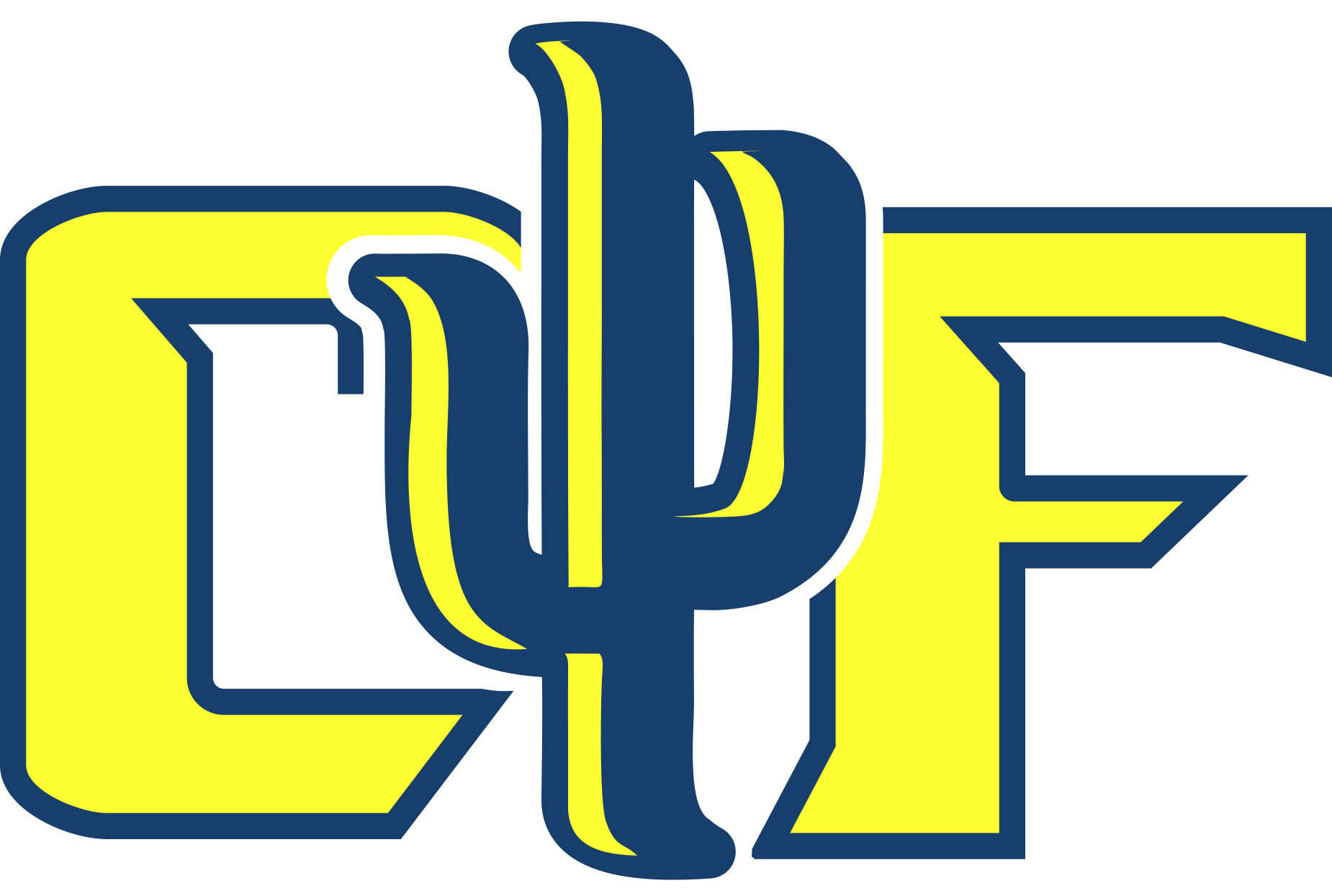CODE OF CONDUCT ACKNOWLEDGEMNET
CFLL Code of Conduct for Players, Coaches, and SpectatorsCFLL Code of Conduct
Youth athletes, coaches, league administrators and all other persons connected directly or indirectly with CFLL, as well as contest officials, shall adhere to the principles of good sportsmanship and the ethics of competition before, during and after all contests in which they participate and/or attend. By participating in Cactus Foothills Little League in any capacity, you agree to the Code of Conduct set forth in this document and will conduct yourself in a sportsmanlike manner.
All CFLL coaches, assistant coaches, parents, players, and spectators are expected to uphold this policy and respect the decisions of the umpire(s) regardless of their age or experience. Please be respectful and report any policy violations to the league Ombudsman. Violations to this policy will be taken seriously by CFLL and the Conduct Committee and will result in enforcement of the penalties outlined below.
Click Here to See The Entirety of the CFLL Code of Conduct
Code of Conduct Acknowledgement
This must be completed for EVERY Player Enrolled
